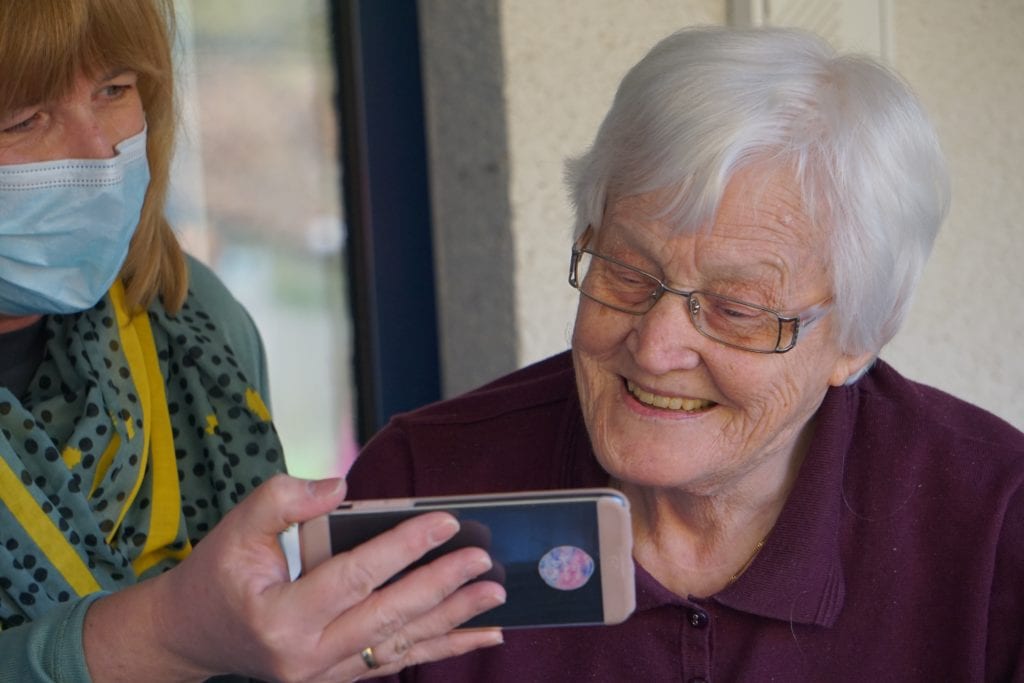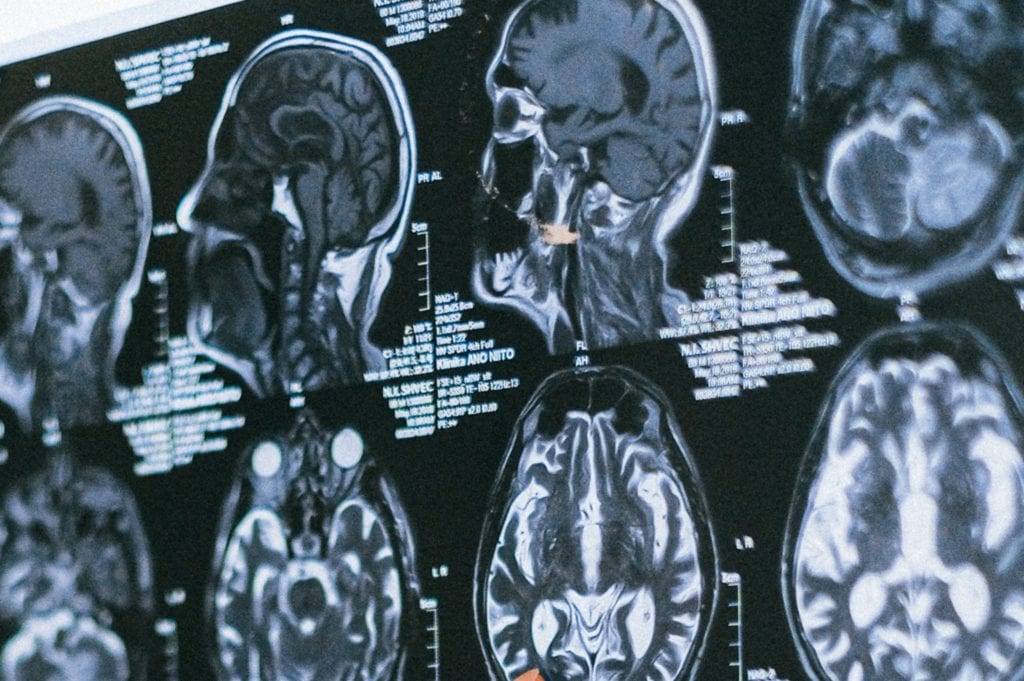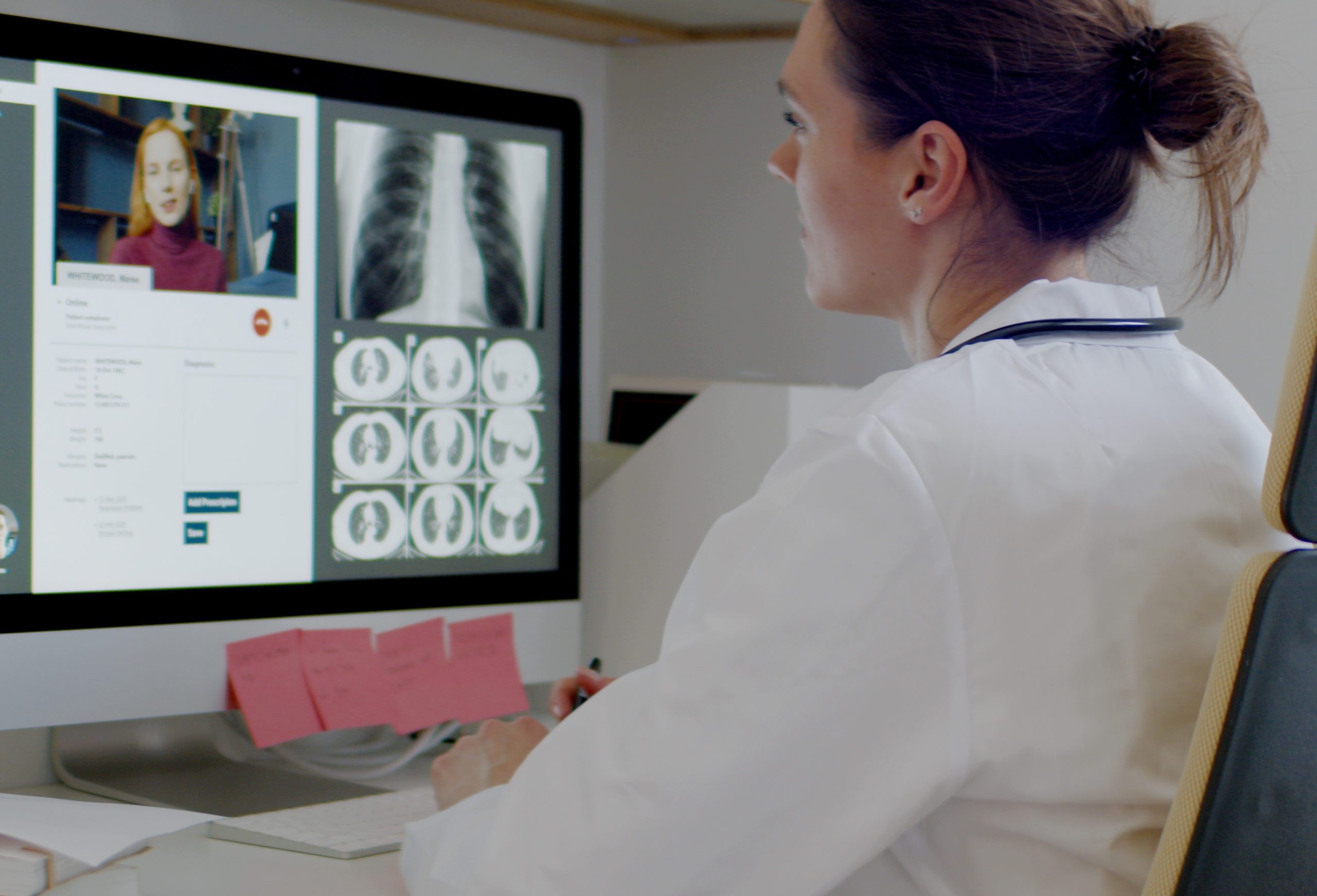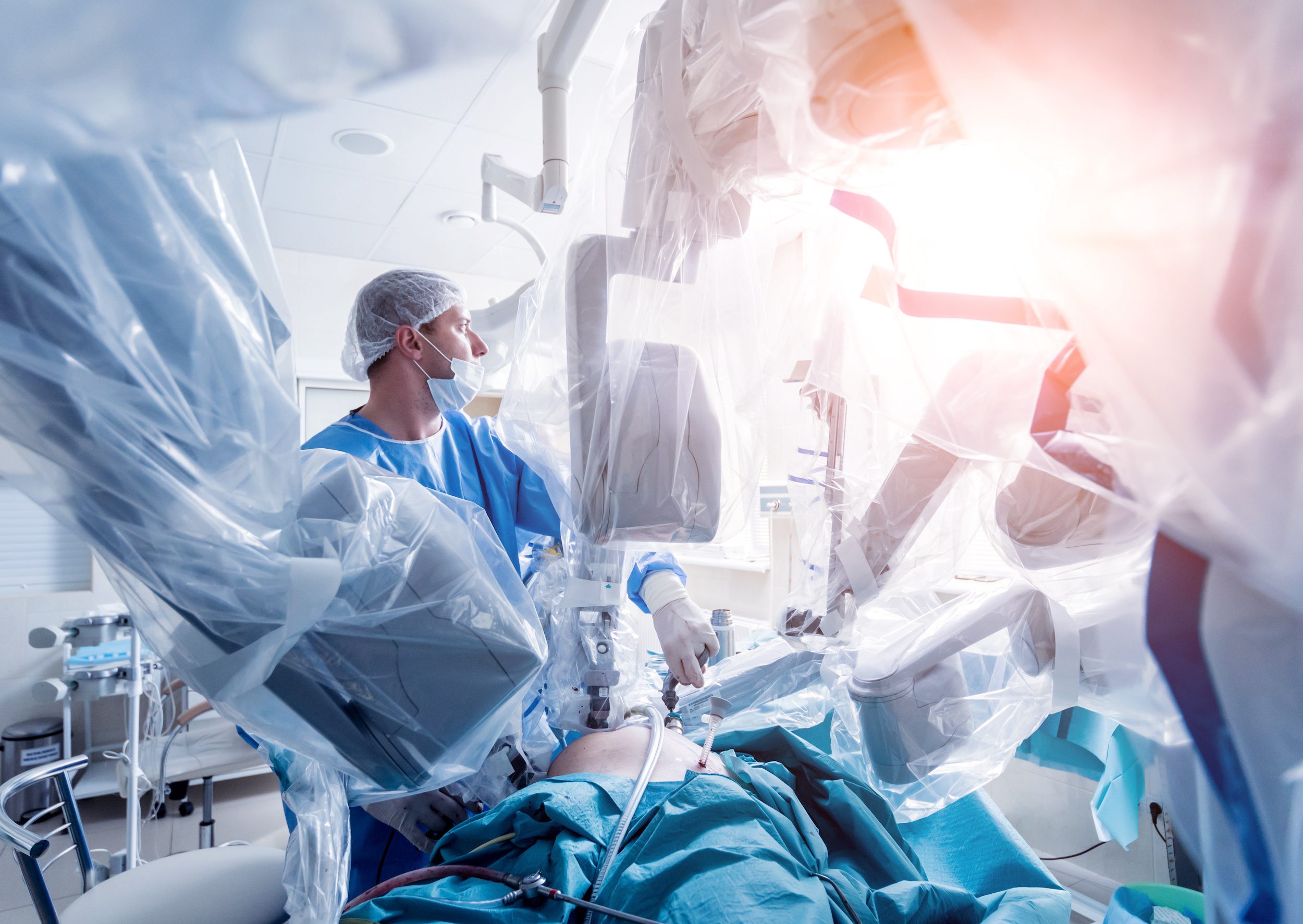FDA Warns of Data Bias in Medical Devices that Use Machine Learning (MedTech Download)

Key Takeaways
- AI will continue to be an asset in medical devices, however, experts warn that data bias in machine learning presents a challenge in building accurate models.
- Surgical company Intuitive has launched VC arm Intuitive Ventures with the mission of funding companies that focus on minimally invasive care, digital tools, focal therapeutics, and precision diagnostics.
- Digital therapeutics are on the rise, including a new smartphone test that can identify stroke symptoms for a faster, cheaper diagnosis.
FDA, Philips Warn of Data Bias in AI, Machine Learning Devices

Artificial intelligence is transforming healthcare and our approach to medical devices. From providing patients with increased access to medical information to powering revolutionary medical devices, investment in this technology is widespread. However, like any emerging innovation, it will not come without its challenges.
Recently, MedTech Dive reported that both FDA officials and the head of global software standards at Philips warned that “medical devices leveraging artificial intelligence and machine learning are at risk of exhibiting bias due to the lack of representative data on broader patient populations.” They brought into focus that, while machine learning brings incredible advancements, it only knows what it is taught. And when treating patients from varying populations, those disparities can result in significant modeling limitations.
What Intuitive is Looking for Through its New $100M Venture Fund

Intuitive is known for its da Vinci surgical system, one of the first robotic-assisted systems cleared by the FDA for general laparoscopic surgery. Since 1995, the company has been one of the major leaders in bringing robotic technology into the operating room. More recently, the company has broadened its scope to include the development of “new, minimally invasive surgical platforms and future diagnostic tools to help solve complex healthcare challenges around the world.”
Now they are taking that mission further, announcing the launch of their corporate venture capital arm, Intuitive Ventures (IV). In an article in MedTech Dive, Intuitive Ventures President Julian Nikolchev reinforced that they are funding companies that “accelerate minimally invasive care; robotic surgery is one component of it, of course.” But he also went on to say that “the other aspect is some of the new technologies and new tools that are coming in that space — digital tools, focal therapeutics, and precision diagnostics.” Read the full article to learn more about how they are considering medical devices.
Smartphone Test for Quick Stroke Diagnosis

When it comes to diagnosing patients, sooner is always better. The speed at which a doctor can determine the cause of symptoms impacts treatment options, strategies, and outcomes. But early detection and intervention is often a challenge. Initial symptoms may be minor, and patients may delay seeking treatment. Or, doctors might miss early clues altogether. Testing may be expensive, slow in returning results, or both. And, each year, these challenges add up to thousands of patients receiving less than optimal care.
When it comes to diagnosing a stroke, all of the above can hold true. Recently researchers at Penn State and Houston Methodist Hospital announced the development of an algorithm that examines a smartphone recording of a person’s facial movements. Currently, the test is 79% accurate in diagnosing stroke, which is similar to the accuracy of ER doctors.” However, the article points out that “if a larger dataset is used to train the system, it may be possible to achieve an even greater degree of accuracy.”
Start-Up Builds Medical Device to Diagnose Brain Injuries

Related to the speed of diagnosis, evidence shows that early intervention can make a significant impact for patients experiencing brain injury. Earlier this year researchers at UC Riverside found that after a brain injury, “a certain immune system receptor makes the brain more excitable, which promotes the development of epilepsy.” Epilepsy, a complication that can occur after a brain injury, can take several years to develop. The team found that patients initially treated with certain drugs were dramatically less likely to develop the disease, reinforcing that identifying the brain injury quickly is crucial to patient outcomes.
U.K. MedTech startup Head Diagnostics recently received funding for their iTremor medical device, which can be used to “help diagnose a range of conditions, including mild traumatic brain injury (mTBI), Parkinson’s disease, stroke, and other degenerative brain conditions.” Not only could the device help clinicians make a more accurate diagnosis quickly, the technology is cheaper and can be used both at point of care as well as point of impact.
Don’t miss a beat. Stay up-to-date on everything that matters to medtech entrepreneurs and executives. Subscribe below to receive industry insights, medtech resources, and more, delivered directly to your inbox.




